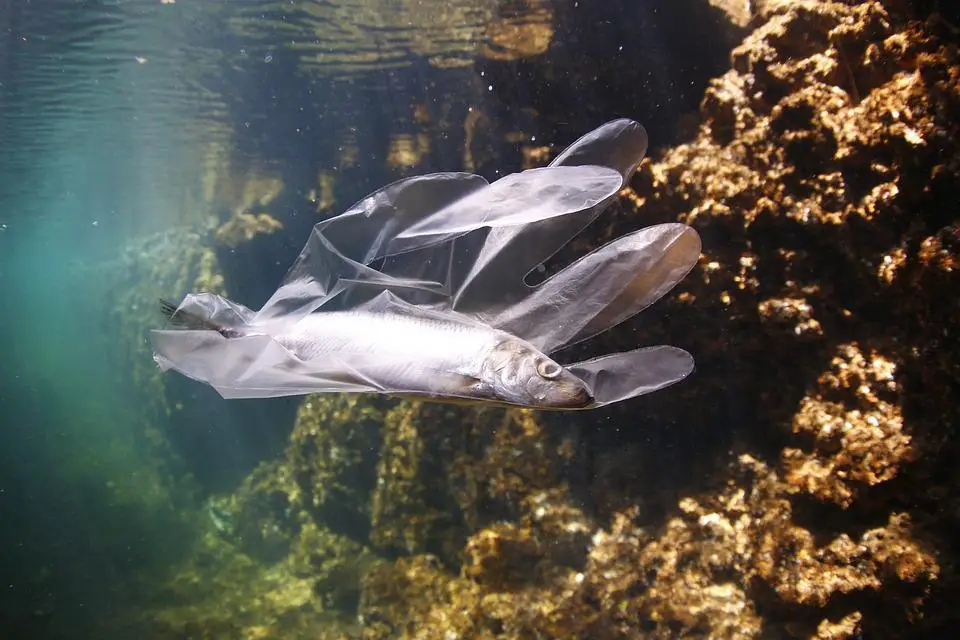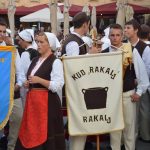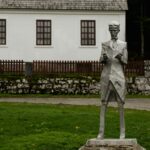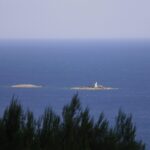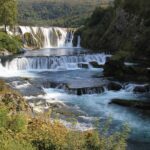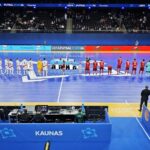As Morski writes, the Istrian Regional Energy Agency (IRENA) has been holding a series of workshops intended for primary school students on marine litter this month. The training sessions were conducted in primary schools which have the status of eco-schools and which last year applied for the Call/Invitation for participation in project activities.
The programme was attended by six primary schools and 300 Istrian kids of different ages from the wider county who learned through these training sessions about what marine waste actually is, what microplastic pollution is and just how this harmful and over-produced form of pollution affects the environment, marine animals and humans.
Marine litter is defined as any persistent, manufactured or processed solid material that isn’t of natural origin but is produced, used or discarded by humans directly into the sea or entered into the sea from land sources via rivers, wastewater or winds. It’s estimated that about 80% of marine litter comes from land and 20% is generated somewhere else at sea.
Plastic waste, as the most commonly found form of waste littering nature, doesn’t decompose over time, but is divided into smaller fragments. Pieces of plastic smaller than 5 mm are called microplastics. In addition to the disintegration of larger fragments, microplastics are formed in other ways, for example, it is often an ingredient in cosmetics, a product of synthetic clothing and the like. Microplastics pose an exceptional and far-reaching threat to the environment and ecosystems, and bulky waste can be a source of the transmission of invasive species. The negative impact of marine litter on the environment is also manifested through pollution with hazardous substances and heavy metals.
It was especially emphasised during these sessions for Istrian kids that every single person, through responsible behaviour, can at least partially influence the reduction of marine litter. Istrian kids were shown how to do their bit by properly separating waste, reducing the use of disposable plastics, participating in cleaning actions and disseminating knowledge.
As part of the wider project, Istrian kids will also take part in beach clean up actions and awareness-raising campaigns. At the end of this month and at the beginning of May, four beach cleaning actions are planned in Istria, during which students will be presented with ways to recycle and monitor marine litter.
For more, check out our lifestyle section.

